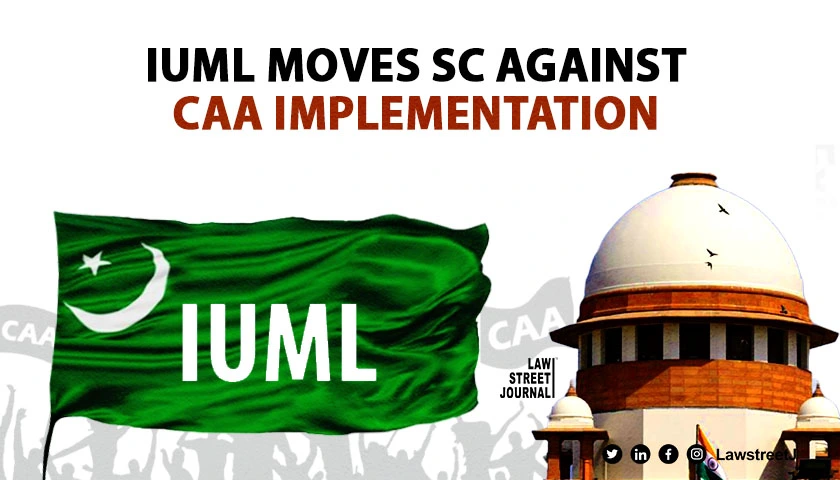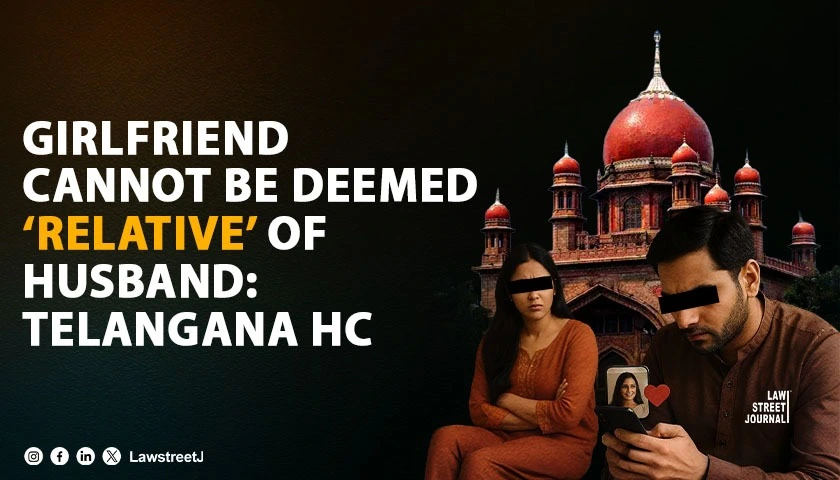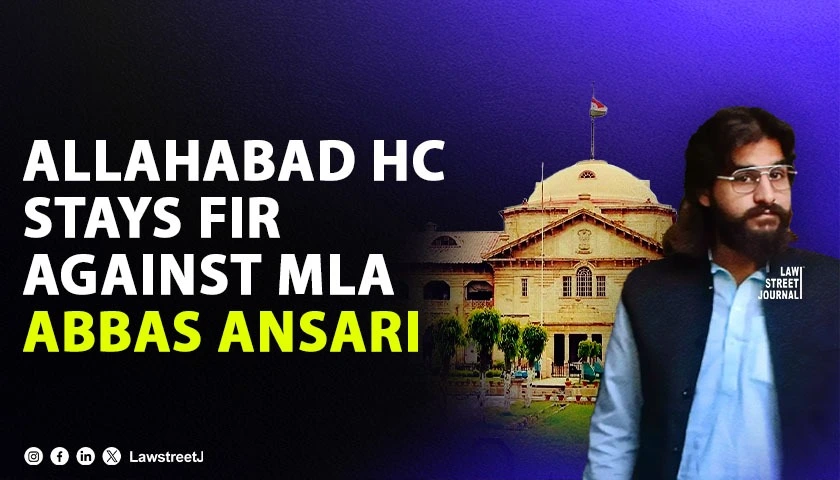New Delhi: A day after the Centre notified the rules to implement the Citizenship Amendment Act 2019, the Indian Union Muslim League (IUML) filed an application seeking stay of the Citizenship Amendment Rules 2024.
Plea seeks a stay on the continued operation of the impugned provisions of Citizenship Amendment Act, 2019; and Citizenship Amendment Rules 2024. Plea says the Act and Rules would result in valuable rights being created and citizenship being granted to persons belonging to only certain religions, thereby resulting in a fait accompli situation, during the pendency of the present Writ Petition.
"Since the CAA discriminates on the basis of religion, it strikes at the root of the concept of secularism, which is the basic structure of Constitution. Therefore, one way of looking at implementation of the act would be to make it religion neutral and give citizenship to all migrants irrespective of their religious status," it stated.
IUML clarified that it is not against the grant of citizenship to migrants but that the only objection is to the religion-based exclusion.
Also read: Modi govt officially notifies Citizenship Amendment Act rules ahead of Lok Sabha Polls
What is CAA?
Enacted by the Modi government in 2019, the Citizenship Amendment Act (CAA) endeavors to offer Indian citizenship to persecuted non-Muslim migrants. This includes Hindus, Sikhs, Jains, Buddhists, Parsis, and Christians who migrated from Bangladesh, Pakistan, and Afghanistan and arrived in India before December 31, 2014. The rules now provide a framework for the application process for those eligible under CAA-2019.
Its primary objective is to provide Indian citizenship to certain foreigners who have encountered religious persecution in neighboring countries based on their faith. The legislation applies to those "forced or compelled to seek shelter in India due to persecution on the ground of religion."
The law has been met with widespread opposition and protests nationwide. Opposition parties, including the Congress party, have criticized the law, labeling it as "discriminatory." There are allegations that it may be intended to influence the upcoming Lok Sabha elections in West Bengal and Assam.
To get timely and accurate updates from the Supreme Court and High Courts follow our WhatsApp Channel

















